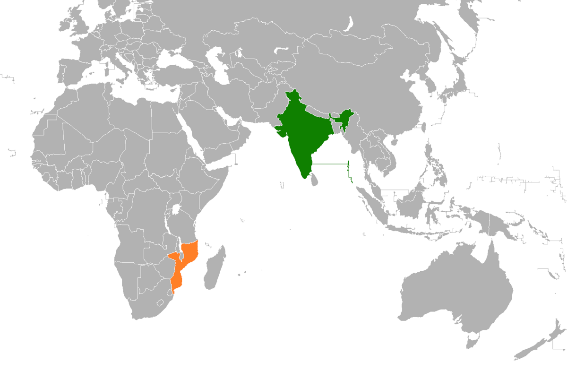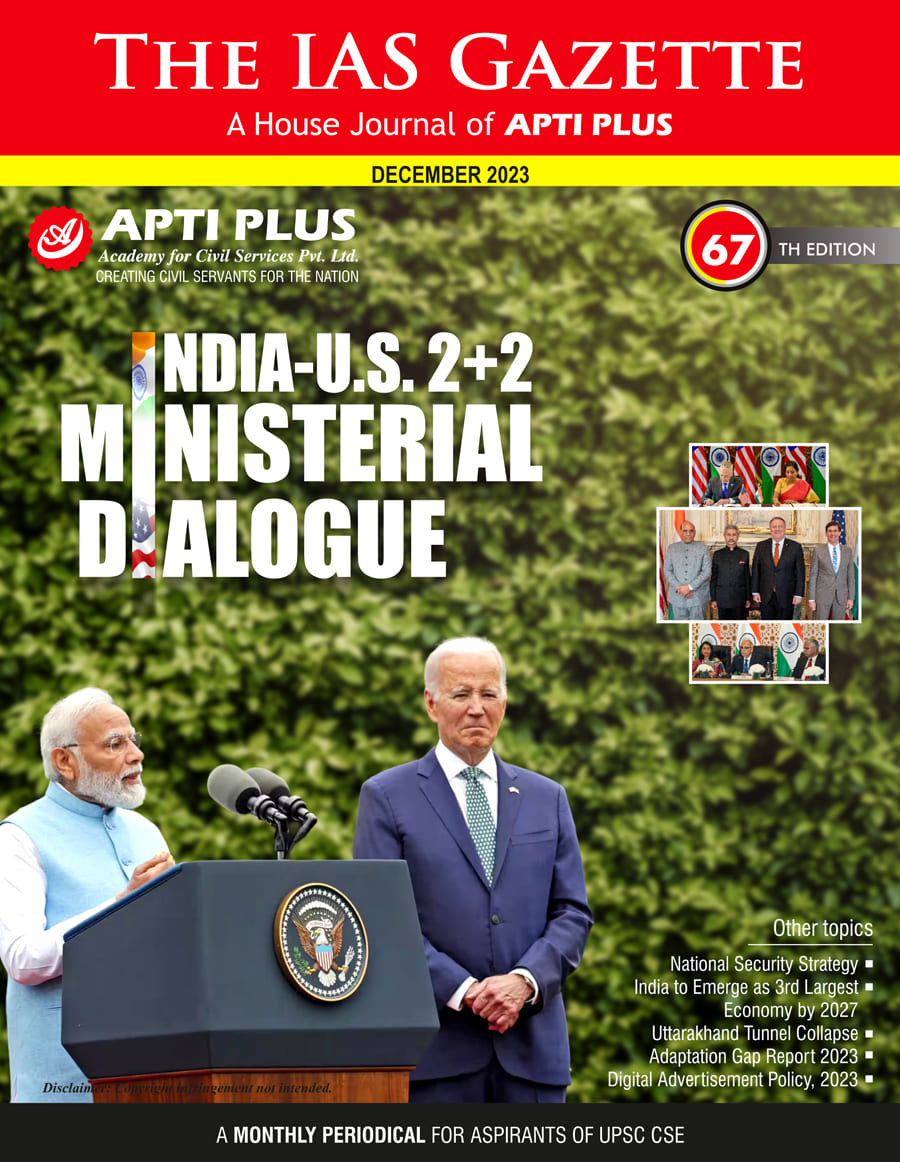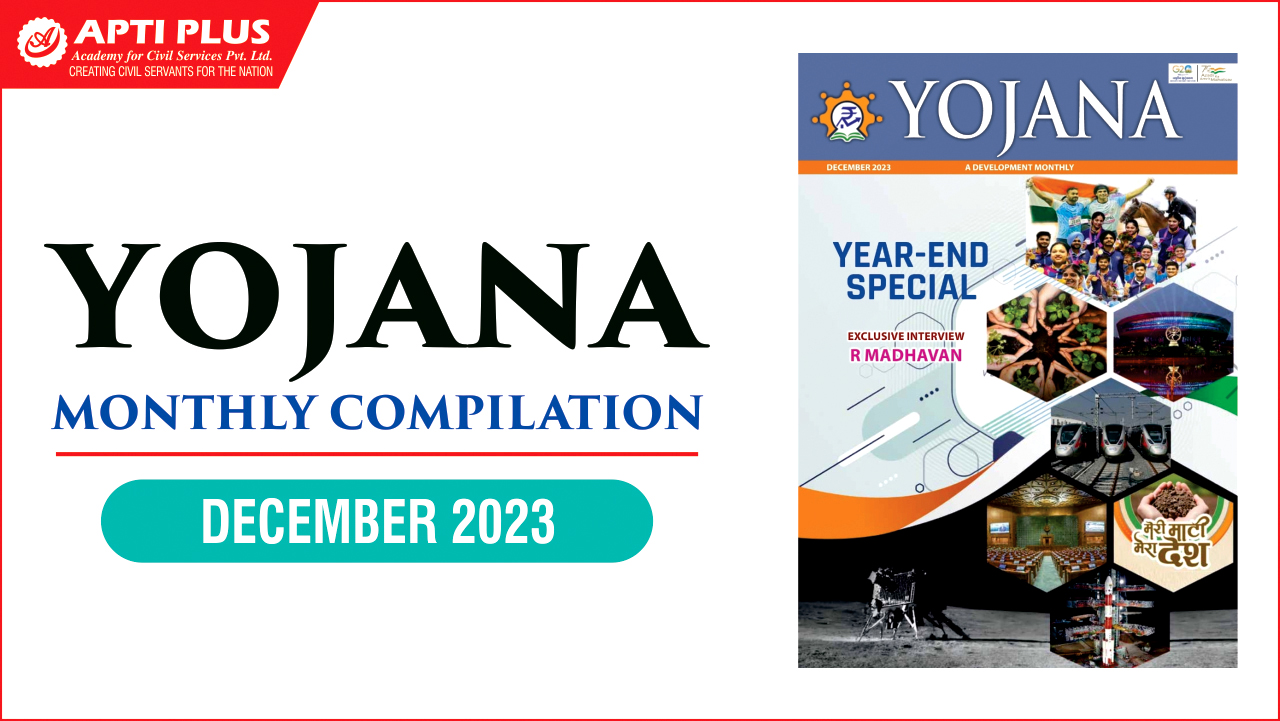
Disclaimer: Copyright infringement not intended.
Context
- Prime Minister Narendra Modi of India hosted President Filipe Nyusi of Mozambique in Gandhinagar, Gujarat, in a bilateral meeting.
India-Mozambique Relations
- India-Mozambique relations have witnessed a positive trajectory, marked by economic collaboration, developmental partnerships, and diplomatic cooperation.
Political Relations
- After 1947, independent India’s support for the Mozambican freedom struggle established the basis for warm political ties between the leaderships of both countries. Diplomatic relations between India and Mozambique were established as soon as Mozambique became independent in 1975, and India was among the first countries to set up a diplomatic mission in Mozambique. Mozambique opened its Mission in New Delhi in 2001.
Economic Collaboration:
- Bilateral trade between India and Mozambique stood at USD 1.37 billion in 2020-21.
- Example: Indian investments in Mozambique's energy sector, particularly in oil and gas exploration, highlight economic cooperation.
Developmental Partnerships:
- India extends lines of credit and developmental assistance to support Mozambique's infrastructure development.
- Example: The establishment of the Indo-Mozambique Entrepreneurship Development Centre contributes to skill development and entrepreneurship.
Agricultural Cooperation:
- India assists Mozambique in enhancing agricultural productivity through projects like the Joint India-Mozambique Master Plan for the development of pulses5.
- Example: Indian expertise in agricultural practices benefits Mozambican farmers, promoting food security.
Renewable Energy:
- India collaborates with Mozambique in the renewable energy sector, emphasizing solar energy and exploring opportunities in hydropower.
- Example: The joint efforts in developing solar projects contribute to Mozambique's energy sustainability.
Diplomatic Ties:
- Both nations maintain diplomatic ties, engaging in regular high-level visits and exchanges.
- Example: Indian naval ships visit Mozambique as part of goodwill missions, enhancing maritime cooperation and diplomatic relations.
Healthcare Collaboration:
- India supports Mozambique in healthcare by providing medical scholarships and facilitating the exchange of medical professionals.
- Example: The supply of essential medicines and medical equipment during the COVID-19 pandemic reflects the solidarity between the two nations.
Education and Capacity Building:
- India offers scholarships to Mozambican students, contributing to educational and human resource development.
- Example: The Indian Technical and Economic Cooperation (ITEC) program enables Mozambican professionals to undergo training in various fields in India.
Security Cooperation:
- Both nations collaborate on security issues, with a focus on maritime security and counter-terrorism efforts.
- Example: Indian assistance in capacity-building for Mozambique's defense forces enhances regional security.
Cultural Exchanges:
- Cultural events and exchanges strengthen people-to-people ties, fostering mutual understanding
- Example: Celebrations like the International Day of Yoga and joint cultural festivals showcase the cultural richness shared between India and Mozambique.

Impact of India-Mozambique Relations on regional stability and India's broader engagement with African nations
The impact of India-Mozambique relations on regional stability and India's broader engagement with African nations is multifaceted, influencing economic, diplomatic, and strategic dimensions. The analysis can be broken down as follows:
Economic Impact:
- India's collaborations with Mozambique in sectors like energy, mining, and infrastructure contribute to economic development, fostering regional stability.
- Economic growth in Mozambique has a spill-over effect on neighboring countries, creating a more stable economic environment.
Resource Exploration and Energy Security:
- India's involvement in resource exploration in Mozambique, especially in mining and natural gas sectors, enhances energy security for both nations.
- A stable energy supply positively affects the economic and strategic stability of the entire region.
Diplomatic and Strategic Influence:
- Strong diplomatic ties between India and Mozambique elevate India's influence in Southern Africa, creating a stable diplomatic environment.
- India's engagement with Mozambique sets a precedent for collaborative efforts with other African nations, reinforcing its broader diplomatic footprint.
Maritime Security and Regional Stability:
- Collaboration on maritime security enhances regional stability by addressing common challenges such as piracy and illegal maritime activities.
- Strengthening maritime cooperation contributes to a secure Indian Ocean region, benefitting both India and African nations.
Security Cooperation and Counterterrorism Efforts:
- Joint efforts in security cooperation and counterterrorism initiatives contribute to a stable environment, preventing the spread of extremism and ensuring regional security.
- Collaborative security measures have positive implications for neighboring countries, creating a secure atmosphere.
Humanitarian Assistance and Disaster Relief (HADR):
- Collaborative HADR efforts strengthen regional resilience, providing timely assistance during natural disasters and emergencies.
- These joint initiatives create a sense of regional solidarity and contribute to the overall stability of the region.
Trade and Economic Spillover:
- Economic collaborations between India and Mozambique positively impact regional trade dynamics.
- Improved economic conditions in Mozambique have the potential to stimulate economic activities in neighboring countries, promoting stability.
Capacity Building and Skill Development:
- India's contributions to capacity building and skill development in Mozambique lead to a more skilled and empowered workforce.
- A skilled workforce contributes to regional economic stability and reduces dependence on external support.
Cultural and People-to-People Ties:
- Cultural exchanges and people-to-people ties foster understanding and goodwill, contributing to social stability in the region.
- Shared cultural values and mutual respect create a foundation for stronger diplomatic ties with other African nations.
In conclusion, India-Mozambique relations play a pivotal role in influencing regional stability through economic collaboration, diplomatic ties, security cooperation, and shared efforts in addressing common challenges. The positive impact extends beyond Mozambique, contributing to India's broader engagement with African nations and reinforcing regional stability.

Conclusion
- India-Mozambique relations demonstrate a multifaceted partnership, encompassing economic collaboration, developmental initiatives, diplomatic ties, healthcare cooperation, and more.
- The sustained engagement reflects a shared commitment to mutual growth and prosperity.
|
PRACTICE QUESTION
Q. Assess the strategic dimensions of India-Mozambique relations, emphasizing economic collaboration, developmental partnerships, and geopolitical significance. Analyze the impact of these relations on regional stability and India's broader engagement with African nations. Support your answer with relevant examples and data, highlighting key milestones and challenges in the bilateral ties between India and Mozambique.
|









